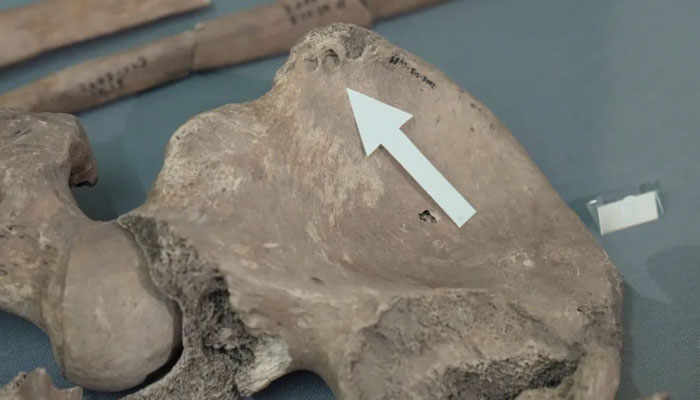Roman Britain's dark past unveiled through gladiator's remains Man was between 26 and 35 years old at the time of his death Archaeologists have confirmed the first physical evidence that a Roman gladiator in Britain died fighting a lion. The discovery involves a skeleton found in 2004 at Driffield Terrace in York, where forensic examination revealed large bite marks consistent with those from a lion. The wounds were located on the man's pelvis and are believed to have been inflicted while he was still alive.
The man was between 26 and 35 years old at the time of his death. Experts believe he was likely a bestiarius, a type of gladiator trained specifically to fight wild animals. Professor Tim Thompson, who led the research, said, “This discovery provides the first direct, physical evidence that such events took place in this period, reshaping our perception of Roman entertainment culture in the region.

” Driffield Terrace is known for containing over 80 skeletons, many of which bear marks of violent deaths, reinforcing the belief that it served as a gladiatorial burial ground. The presence of exotic predators like lions in Roman Britain suggests a highly organized network for transporting animals from distant parts of the empire. John Pearce of King’s College London, a co-author of the study, noted that spectacles featuring animal combat were not limited to Rome but extended into even remote regions of the empire.
The research underscores the global scale and cruelty of Roman entertainment practices, particularly the use of animals in staged battles and executions. This revelation reshapes common narratives about Roman Britain, which is often viewed as less violent than Rome itself. It also adds to ongoing historical inquiries into how such animals were imported and maintained for use in deadly spectacles in provincial cities like York.
Orbiting lab-grown food experiment may cut future astronaut meal costs Pakistani astronaut to serve aboard China's space station in future OpenAI could buy Chrome amid Google antitrust case Pakistan seeks to boost space tech cooperation with China.
Technology

Roman Britain's dark past unveiled through gladiator's remains

A skeleton of a man like dead by a lion bite. — University of York/FileArchaeologists have confirmed the first physical evidence that a Roman gladiator in Britain died fighting a lion. The discovery involves a skeleton found in 2004 at Driffield Terrace in York, where forensic examination...















